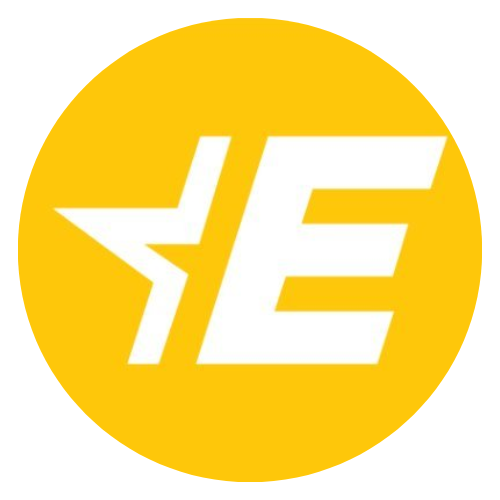A watchdog rings the alarm
Wojciech Wiewiórowski, the European Data Protection Supervisor (EDPS), has consistently criticised the Commission’s dependence on Microsoft. Running for a second term, he voices a concern shared by many EU officials: relying on a single foreign provider threatens both data protection and Europe’s ability to shape its own digital future.
While the Commission officially claims that Microsoft 365 has no viable alternatives, internal documents suggest growing interest in national initiatives aiming to build independent digital tools.
At the center of this shift is a clear message: Europe needs open-source solutions to regain digital control. But for that to happen, political commitment – and not just technical capability – is essential.
